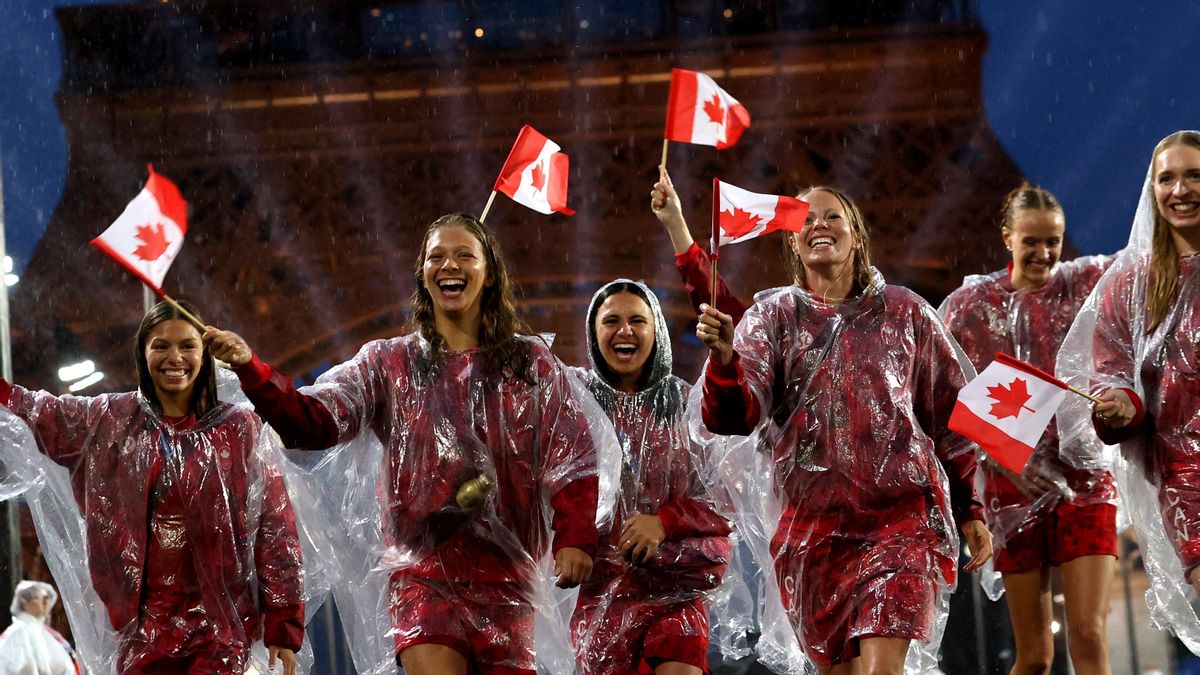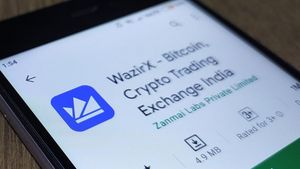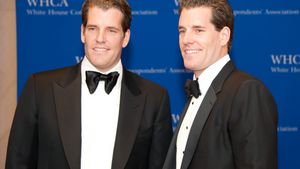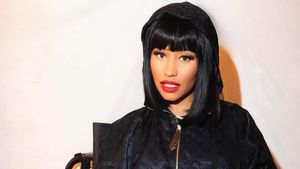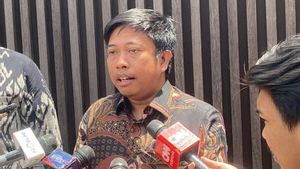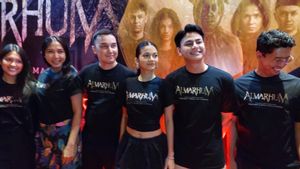The Paris Olympics will be a generative AI technology exhibition for US viewers, while viewers in Europe will not experience a similar approach. This difference reflects how global media companies are still considering the use of the technology.
The NBCUniversal, Comcast's, will use AI for Olympic broadcasts in the US, including re-creating the voice of a legendary sports commentator. On the other hand, the sport division of Warner Bros. Discovery in Europe stated that the technology was too early for roles such as sports commentators.
Warner Bros. Discovery, which will broadcast the Olympics through streaming platform Max and disclosure+ across Europe, received a demonstration from technology companies to translate speech into other languages. However, the demonstration has not been able to bring emotion that appears in thrilling sporting moments. "In every part of their demonstration, indeed words have been translated correctly, but feelings or narratives are not," said Scott Young, senior vice president at Warner Bros. Discovery Sports Europe.
For example, when Italian runner Marcell Jacobs shocked the world by winning gold in the men's 100 meters in Tokyo, Italian commentators shouted in his reaction, showing an authentic moment. "Experts who sit side by side, really live in that story," Young said. "It's very difficult to automatically generate it."
Meanwhile, US viewers will experience AI while watching the Olympics on NBC or streaming service Peacock through a new partnership between NBCNUniversal, Google, and the USA Team. Google Map images improved with AI from Olympic venues will help viewers feel the Paris atmosphere, and NBC host will demonstrate how Google's AI search can answer questions about competition.
SEE ALSO:
NBCUniversal will also use generative AI to create personalized daily briefings from Olympic events, which will be narrated by AI votes from sports commentator Al Michaels. Nearly seven million daily recap variations can be made during the Paris Olympics, NBCUniversal said.
The media company has the largest Olympic broadcasting rights in the world and paid 7.65 billion US dollars (IDR 124.7 trillion) to broadcast the Olympics until 2032. Olympic Broadcasting Services, which produces neutral coverage that media companies around the world can use, is also leveraging AI to help cut large amounts of footage into brief highlights. But they have previously also said they remain cautious about the risk of deepfakes and "disturbing reality."
With how fast AI capabilities develop, it may soon be that European sports fans will see more of this technology. "We may just have one more Summer Olympics from a real impact on us," Young said. The next Summer Olympics are the 2028 Los Angeles Olympics.
The English, Chinese, Japanese, Arabic, and French versions are automatically generated by the AI. So there may still be inaccuracies in translating, please always see Indonesian as our main language. (system supported by DigitalSiber.id)
